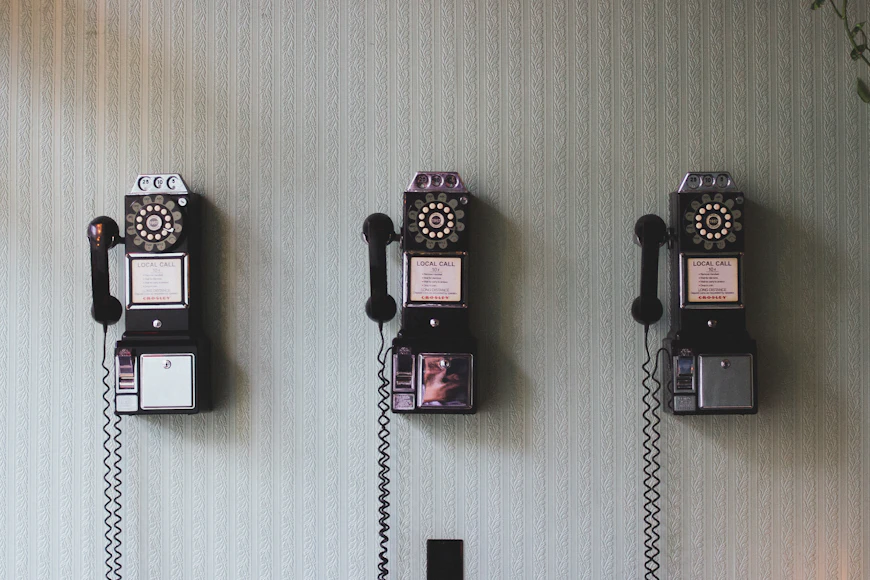Have you ever had a conversation with someone you care about, only to feel like you’re talking in circles? Your words lose their power, and connection slips away. This can happen in any relationship, even with the one closest to your heart.
My wife, Amy, and I have experienced this in our personal work together. We’re great at conversation, but after years of collaborating, realized we needed to go deeper. A vivid memory comes to mind: a disagreement where the topic itself has long been forgotten. We just knew we needed to move beyond words and connect on another level. Leaning in, we rested our foreheads together and simply said, “Let’s not talk anymore. Let’s just be still.” That simple act changed everything. Sitting in quiet closeness has become a practice we rely on when words reach their limit.
This got me thinking about the importance of non-verbal communication.
Leaders rely on verbal communication to deliver instructions, delegate tasks, and provide feedback. But what about the unspoken messages we send through our body language, facial expressions, and tone of voice? These nonverbal cues can have a powerful impact on our relationships and our leadership effectiveness.
Here are a few reasons why non-verbal communication is so important:
- It builds trust. When our nonverbal cues match our words, we appear more genuine and trustworthy.
- It creates connection. Non-verbal communication can help us to build rapport with others and create a sense of intimacy.
- It can defuse conflict. When a conversation is getting heated, nonverbal cues can help to calm things down and prevent the situation from escalating.
- It can be more persuasive. Studies have shown that nonverbal communication can be more persuasive than verbal communication.
How to Improve Your Non-Verbal Communication
So, how can you improve your non-verbal communication skills? Here are a few tips:
- Be mindful of your body language. Make eye contact, stand up straight, and avoid crossing your arms when having important conversations.
- Pay attention to your facial expressions. Smile, nod your head, or frown when appropriate.
- Vary your vocal tone. Avoid speaking in a monotone.
- Be present in the moment. Put away your phone and focus on the person you’re talking to.
By paying attention to your non-verbal communication, you can become a more effective leader and build stronger relationships with those around you.
In addition to the tips above, here are a few other things to keep in mind:
- Cultural awareness. Non-verbal communication can vary from culture to culture. Be mindful of the cultural context when interpreting nonverbal cues.
- Authenticity. The most important thing is to be authentic in your non-verbal communication. Don’t try to fake something that you don’t feel.
By following these tips, you can improve your non-verbal communication skills and become a more effective leader.
I hope this blog post has been helpful. Please let me know if you have any questions.



